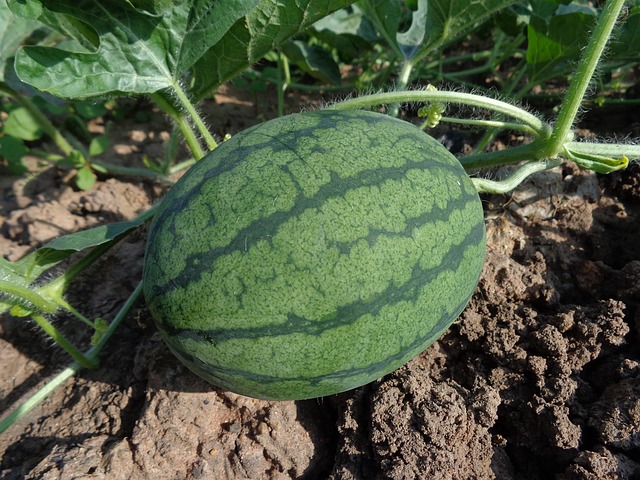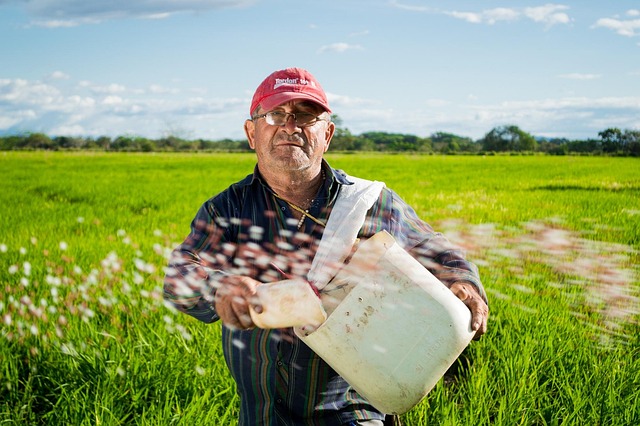Embrace Eco-Friendly Practices in Natural Fruit Gardening
In recent years, the movement towards embracing eco-friendly practices has gained momentum, and for good reason. As we become more aware of our environmental impact, the desire to cultivate green spaces that foster not only our own health but also the health of the planet grows stronger. One way to achieve this is through natural fruit gardening, where sustainability and nature’s bounty come together in harmony.
Understanding the Importance of Natural Fruit Gardening
Natural fruit gardening is not just about planting seeds in the soil; it’s about nurturing a relationship with nature that respects and enhances the environment. By choosing to grow your own fruits, you are contributing to the reduction of carbon footprints, minimizing plastic use, and preserving biodiversity. This eco-conscious approach helps to create a greener world while providing you with fresh, organic produce right at your fingertips.
Creating Healthy Soil
Healthy soil is the foundation of a flourishing garden. Instead of relying on chemical fertilizers, consider utilizing organic compost from kitchen scraps and yard waste. This not only enriches the soil but also reduces waste, making it a win-win situation. Adding natural amendments like manure and worm castings can boost nutrient levels and promote healthy root systems, ultimately leading to a bountiful fruit harvest.
Pest Management the Eco-Friendly Way
Pests are an inevitable part of gardening, but managing them doesn’t have to involve harmful chemicals. Embrace integrated pest management (IPM) techniques, which focus on prevention and using natural methods for control. Planting companion plants, attracting beneficial insects, and using natural repellents can help protect your crops while maintaining the delicate balance of the ecosystem.
Water Wisely
Water conservation is critical in our eco-friendly gardening efforts. Implementing rainwater collection systems and using drip irrigation can significantly reduce water waste. Additionally, mulching around your plants helps retain moisture, suppress weeds, and regulate soil temperature. With careful planning, you can create a garden that is not only productive but also respects one of our planet’s most precious resources.
Choosing Native Plants
When selecting fruits to grow in your garden, consider native varieties. These plants are better adapted to your local climate and soil conditions, which reduces the need for additional water and fertilizers. Native species support local wildlife and pollinators, creating a balanced ecosystem that encourages biodiversity. A variety of fruits such as pawpaws or elderberries can add unique flavors to your garden while benefiting the environment.
Embracing Seasonal Planting
Another simple yet effective way to practice eco-friendly gardening is to plant according to the seasons. Understanding your local growing patterns and planting in harmony with nature not only leads to healthier plants but also synchronizes your gardening efforts with the natural lifecycle of the environment. This practice not only decreases the chances of pest infestations but also allows your garden to thrive with less intervention.
Get Involved in Community Gardening
Joining or starting a community garden is a fantastic way to expand your eco-friendly gardening knowledge. These shared spaces foster a sense of community while also teaching sustainable practices. Collaborating with neighbors can lead to a diverse range of fruits and vegetables, shared resources, and valuable friendships, all grounded in a collective mission to cultivate a greener planet.
Natural fruit gardening invites everyone to take an active role in not just their own health but in the health of the environment. By adopting these eco-friendly tips, gardeners can contribute to a sustainable future, enrich the soil, protect our water sources, and enjoy the fruits of their labor—all while cultivating a deeper connection with the natural world.




